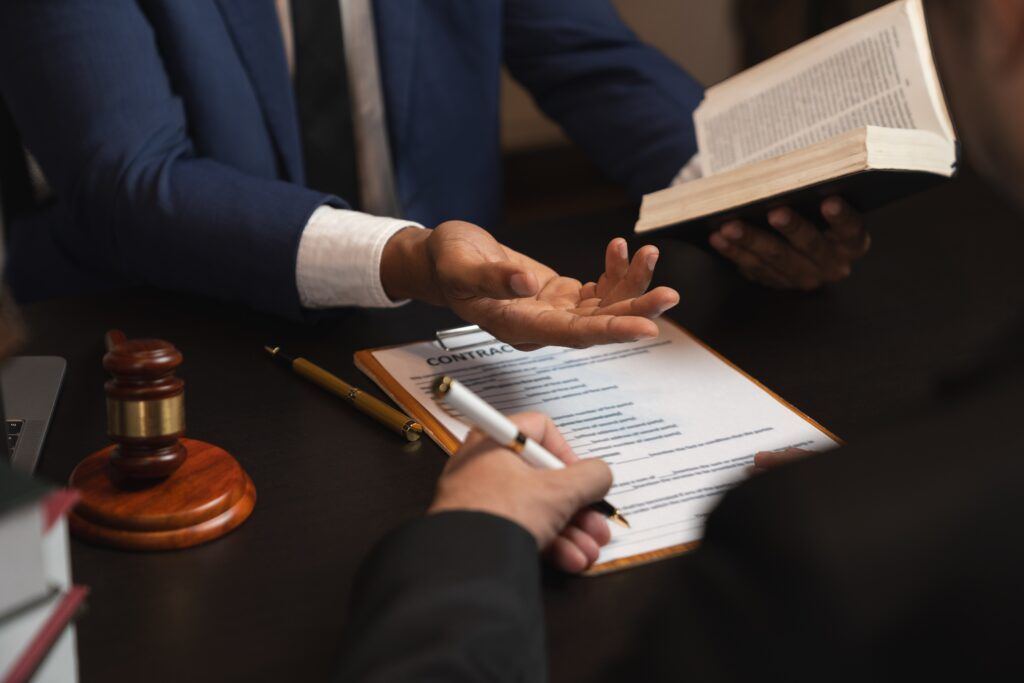Have you been charged with a felony? Or are you worried that you might be due to pending criminal investigations against you? In criminal defense, knowledge truly is power, so it’s important that you know as much as you can about felony charges in Ohio, starting with the general process behind them.
All felony cases are unique, but most will involve at least these steps:
- Arrest or surrender: If you are wanted for felony charges, local law enforcement agencies may be instructed to use a warrant to arrest you and bring you in for processing. Alternatively, you can willingly surrender yourself at a police station. Remember: Bringing yourself in for questioning or processing is not an admission of guilt and cannot be interpreted this way by the court.
- Initial appearance: After you are arrested, you will go before a judge as soon as possible. Usually, 72 hours is the maximum amount of time that you can be held without being given an initial appearance before the court. During this appearance, you will be read the felony charges filed against you, advised of your constitutional rights, asked to enter your plea (guilty, not guilty, or no contest), and told what your bail amount will be.
- Preliminary hearing: If you are kept in jail after the initial appearance, you will be given a preliminary hearing within 10 days. If you are not kept in jail due to making bail, the preliminary hearing can be set within 15 days instead. The preliminary hearing is designed to determine if probable cause exists based on current evidence. If it does not, the case may be dropped.
- Grand jury: If probable cause exists according to the court, the grand jury process will be scheduled soon. A prosecutor will present the case against you to the grand jury. Members of the grand jury will decide if you should be formally charged with a felony. Other possible outcomes include reducing your charge to a misdemeanor or calling for the dismissal of the case against you.
- Arraignment: An arrangement will be held if the grand jury decides that you should be formally charged. During the arraignment, you must enter a plea, which can be different from your original plea. Your bond can be changed, too, if the court deems it fair or necessary.
- Discovery: Your criminal defense attorney will likely begin your case preparation with discovery. This step involves filing a motion for the prosecutor to hand over any evidence and information that they tend to use that is relevant to your case. The prosecutor may also use discovery to get relevant evidence from your defense lawyer.
- Trial preparation: More steps can be taken to prepare your case for trial. For example, your attorney might attempt to suppress pieces of evidence that should not be considered admissible. Your felony defense lawyer will also likely use this opportunity to talk to you about alternative resolution methods that may be available based on the charges you are facing.
- Trial: Finally, your case will go to trial in front of a jury. Once both sides have presented their cases in entirety, the jury will rule on guilty or not guilty. If guilty, the court will have to decide what sentencing requirements are justified, which will likely be handled in a separate process. Also, if you think the outcome of your trial was unfairly influenced by a clerical error or another oversight – not simply because you do not agree with the outcome – you can talk to your lawyer at that point about filing an appeal.
If you have any questions about the usual felony charge process in Ohio, Patituce & Associates is the law firm you can trust for accurate and honest answers. With 70+ years of collective practice experience, our attorneys proudly fight for the criminally accused in our state, including those who are charged with severe felonies and federal crimes. Call (440) 771-1175 to request a free consultation today.







.2509051443277.jpg)